 Alticry
Alticry Annan
Annan Caerlaverock
Caerlaverock Canonbie
Canonbie Carronbridge
Carronbridge Carsluith
Carsluith Castle Douglas
Castle Douglas Caulkerbush
Caulkerbush Drumtroddan
Drumtroddan Dumfries
Dumfries Dundrennan
Dundrennan Ecclefechan
Ecclefechan Gatehouse of Fleet
Gatehouse of Fleet Glenluce
Glenluce Kirkcudbright
Kirkcudbright Kirkgunzeon
Kirkgunzeon Kirkpatrick Fleming
Kirkpatrick Fleming Langholm
Langholm Lochmaben
Lochmaben Lockerbie
Lockerbie Mochrum
Mochrum Moffat Valley
Moffat Valley Monreith
Monreith New Abbey
New Abbey New Luce
New Luce Newton Stewart
Newton Stewart Palnackie
Palnackie Ruthwell
Ruthwell Sandhead
Sandhead Stranraer
Stranraer Thornhill
Thornhill Wanlockhead
Wanlockhead Whithorn
Whithorn Wigtown
Wigtown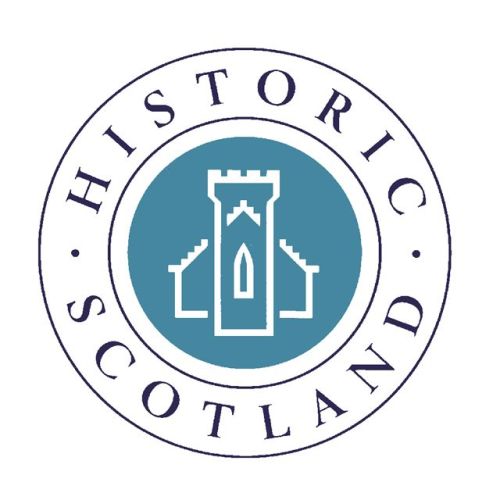
An Iron-Age farmstead Barsalloch Fort has never been archaeologically investigated, but it was most probably a defended farmstead, occupied around 2,000 years ago. Galloway at that time was inhabited by a tribe the Roman invaders called the No...
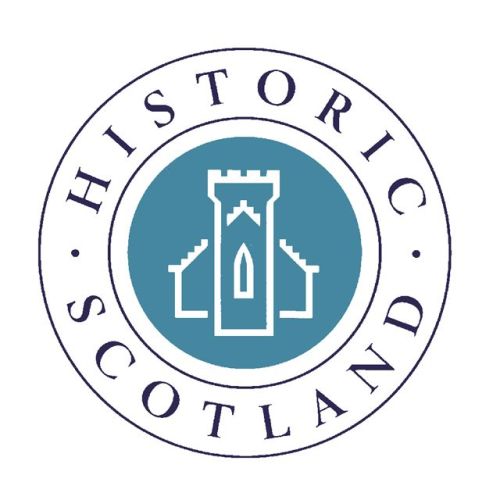
Cairn Holy Chambered Cairns are two remarkably complete Neolithic burial cairns, of a type characteristic of Galloway. The cairns are situated on a hill offering fine views over Wigtown Bay....
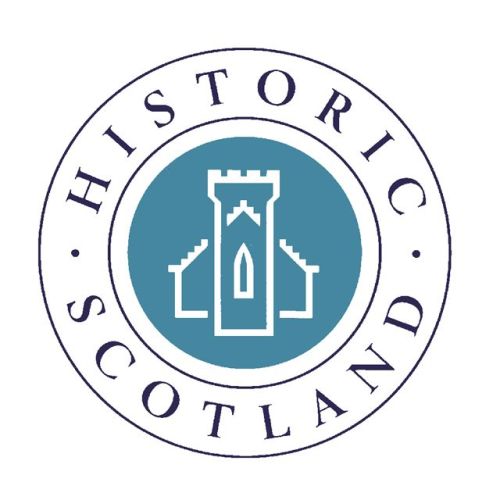
A house of the McCullochs Cardoness Castle is a fine example of a Scottish tower-house castle. It was built in the later 15th century as the fortified residence of the McCullochs. They were a prominent Galloway family, who rubbed shoulders wit...

A 16th-century residence Carsluith Castle is a lightly-defended tower house. It is typical of the many L-planned tower houses built by the landed gentry throughout Scotland after the Protestant Reformation of 1560. Carsluith, though, has a mor...

Chapel Finian are now the foundation remains of a small chapel in an enclosure, built in the Irish style, probably as a chapel for pilgrims on their way to Whithorn, having landed at the nearby shore....
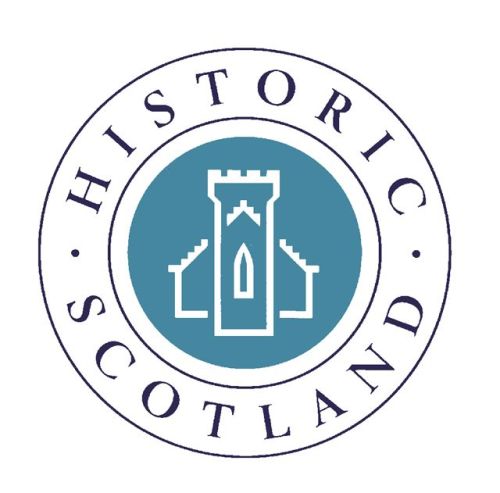
Druchtag Motte is a fine example of a motte castle in a part of Scotland where this type of early timber castle proliferated in the 12th and 13th centuries....
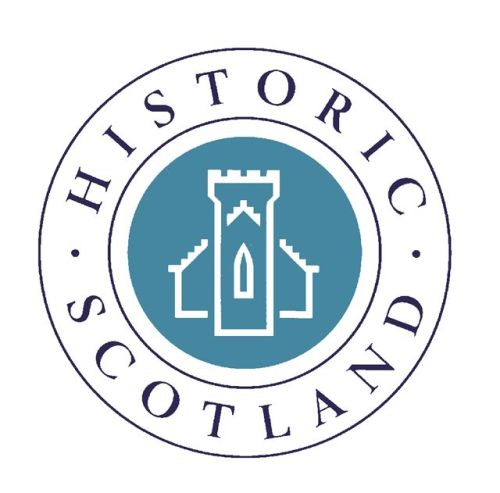
Drumcoltran Tower is a well-preserved tower of mid16th-century simply planned and built, sitting within a busy modern farmyard....
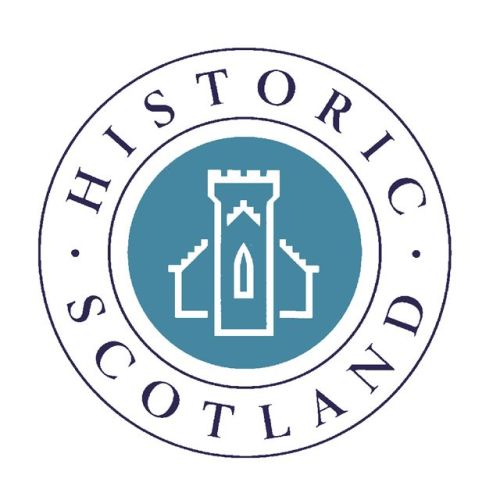
Drumtroddan Cup and Ring Marked Rocks are three groups of well-defined cup and ring marks on bedrock probably carved in the Bronze Age....
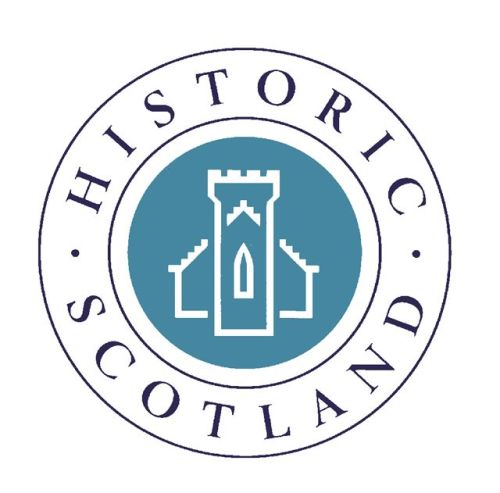
Drumtroddan Standing Stones are an alignment of three stones, one of which has fallen. Together with Drumtroddan Cup and Ring Marked Rocks, they are part of an important prehistoric landscape....
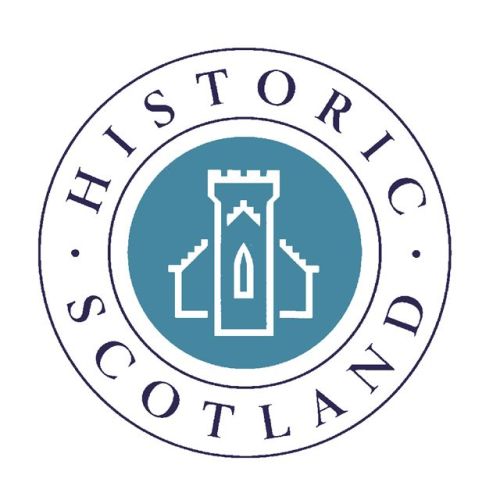
A Cistercian house Dundrennan Abbey was founded in 1142 by Fergus, Lord of Galloway, with the help of King David I of Scotland. The white-robed Cistercian monks came from Rievaulx Abbey, in North Yorkshire. After establishing the abbey at Dund...

A Cistercian retreat Glenluce Abbey was founded around 1192 by Roland, Lord of Galloway. The white-clad Cistercian monks who settled in this secluded valley of the Water of Luce most probably came from Dundrennan Abbey, near Kirkcudbright. The...
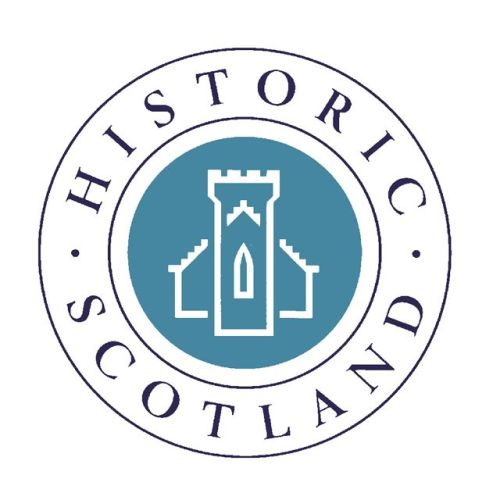
Kirkmadrine Early Christian Stones are three of the earliest Christian memorial stones in Britain, dating from the 5th or early 6th century, displayed in the porch of a former chapel....
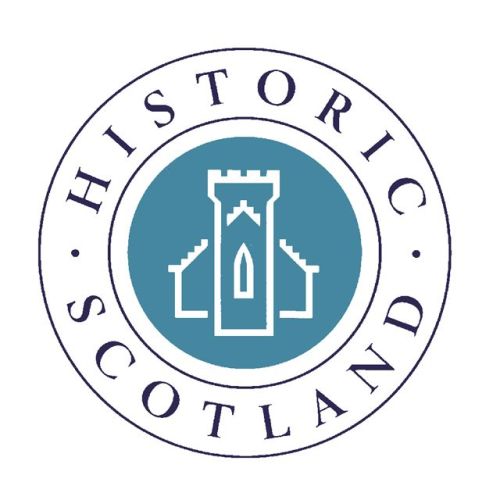
The remains of a collegiate church and the accommodation for its canons founded in 1389 by Archibald the Grim, 3rd Earl of Douglas on the site of an earlier nunnery. The splendid chancel was probably added by his son Archibald, the 4th Earl, and h...
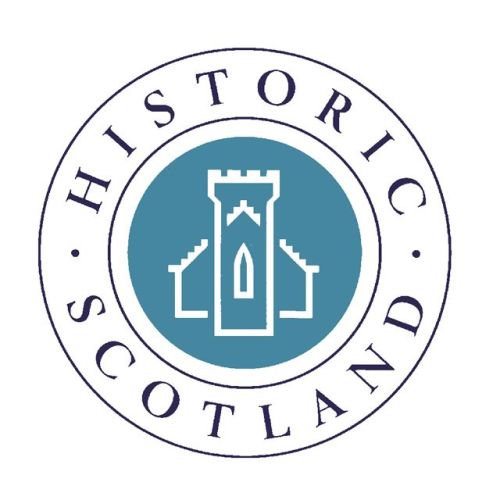
Lochmaben Castle is the much reduced remains of a royal castle originally built by the English in the 14th century. Lochmaben Castle was extensively rebuilt during the reign of James IV (1488-1513). Largely dismantled after its capture by James VI...
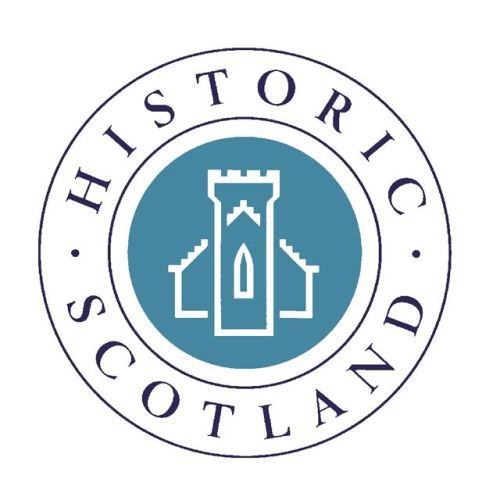
A family home MacLellan’s Castle is named after Sir Thomas MacLellan of Bombie (d. 1597). Sir Thomas was provost of Kirkcudbright and a powerful man in local politics. Following the Protestant Reformation in 1560, he acquired the site and b...
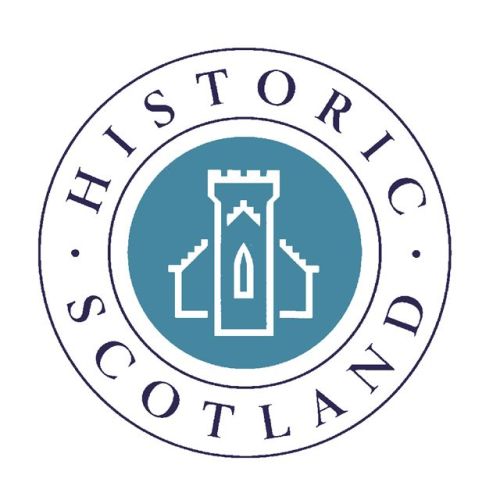
Merkland Cross is a fine carved wayside cross of the 15th century. Located at Woodhouse Farm....
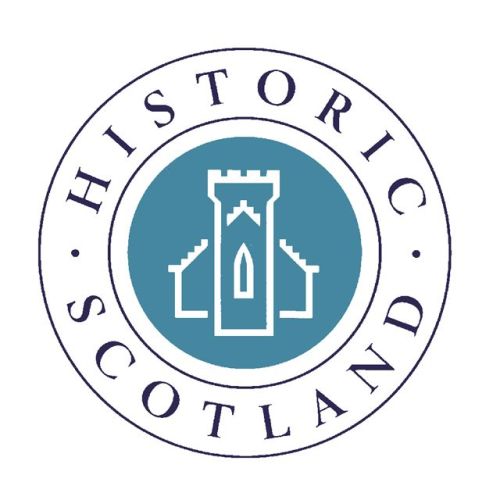
Morton Castle is a fine late 13th-century hall house, a stronghold of the Douglases....
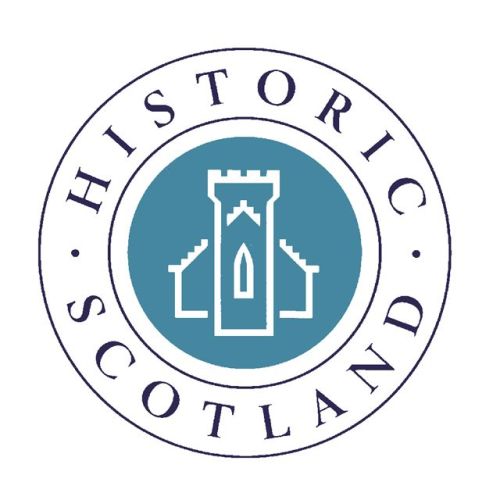
The old mill by the stream Beside the Pow Burn in the pretty village of New Abbey stands a three-storey whitewashed mill building. It was built around the end of the 18th century by the Stewarts of nearby Shambellie House. But the site probabl...
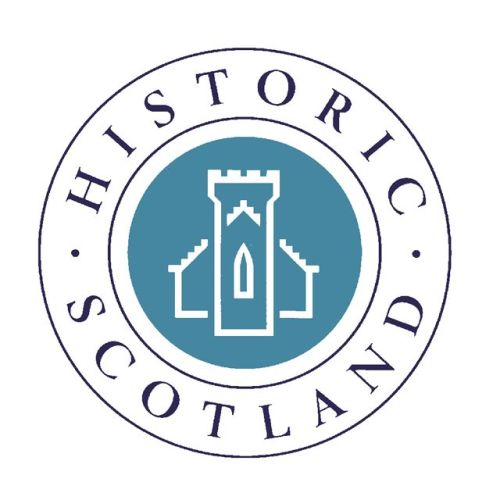
Orchardton Tower is a charming little tower house of the mid-15th-century. The property is, uniquely, circular in plan....
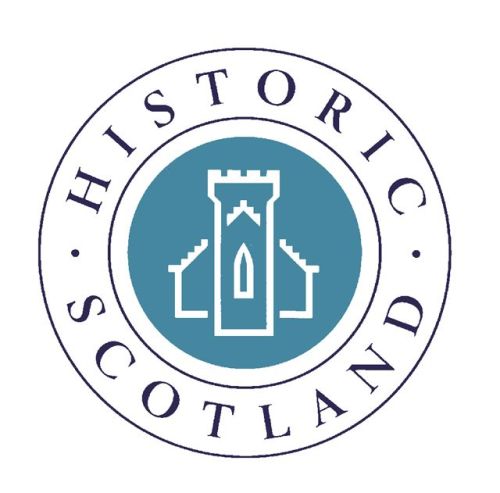
Ruthwell Cross is an Anglian Cross which dates from the end of the 7th century AD and is considered one of the major monuments of early medieval Europe....
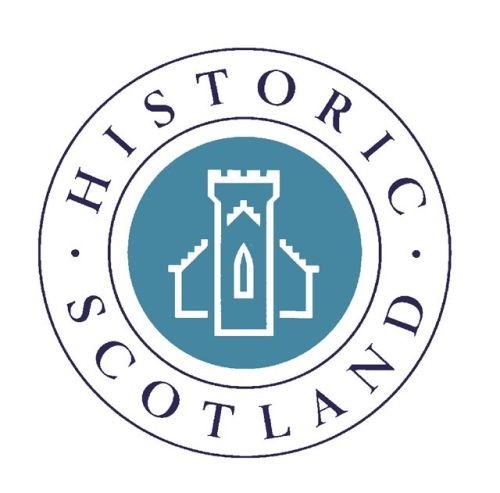
St Ninian's Cave is traditionally associated with St Ninian. Early crosses found at the site are housed at Whithorn Museum. Weathered crosses carved on the walls of St Ninian's Cave are still visible....

Restored ruins of a 13th-century chapel, probably used by pilgrims on their way to Whithorn.
...
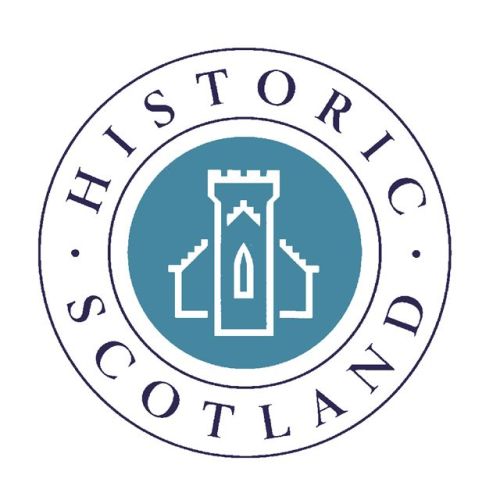
A place of personal devotion In 1268, Lord John Balliol died. His grieving widow, Lady Dervorgilla of Galloway, had his heart embalmed and placed in an ivory casket. She carried it with her everywhere. She undertook many charitable acts in...
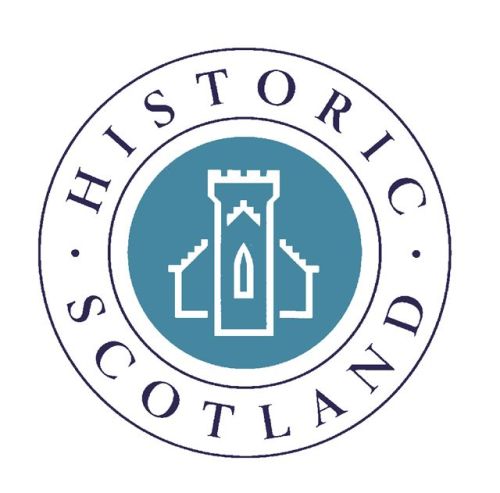
An island fastness Legend tells that Threave Island was the home of the ancient rulers of Galloway a thousand years ago. Today there is no trace of their fortress. The tall, forbidding tower that now dominates the island was built for Sir Arch...

Torhouse Stone Circle is a Bronze Age stone circle consisting of 19 boulders. This type of stone circle is most commonly found in north east Scotland and is therefore unusual for this area....
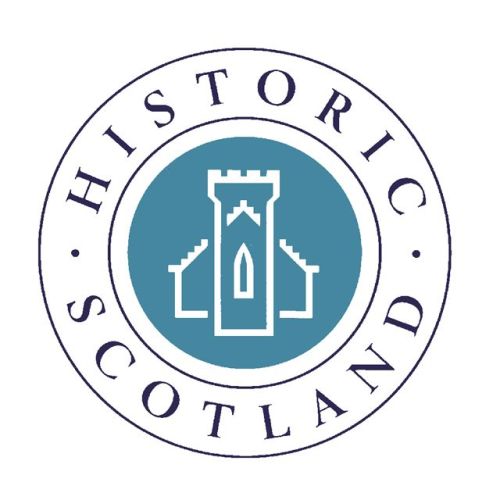
Wanlockhead Beam Engine is an early 19th-century wooden water-balance pump for draining a lead mine, with the track of a horse engine beside it. Nearby is the privately operated museum of Scottish lead mining....
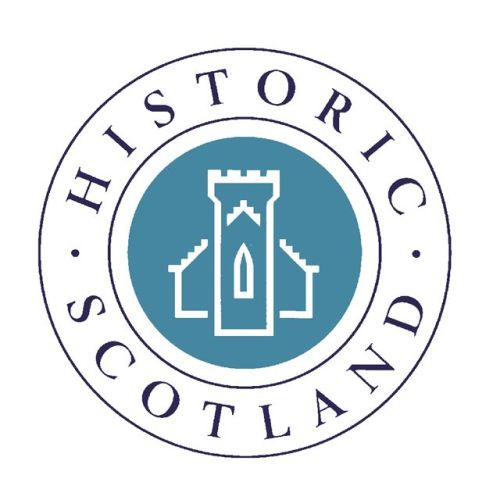
Whithorn Priory and Museum is set on one of the earliest Christian sites in Scotland, Whithorn was traditionally held to be founded by St Ninian in the 5th or 6th century. In the 12th century a priory for Premonstratensians was built here and became ...
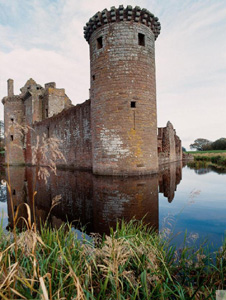
With its moat, twin towered gatehouse and imposing battlements, Caerlaverock Castle is the epitome of the medieval stronghold. The castle's turbulent history owes much to its proximity to England which brought it into border conflicts. Visitors can e...

Two stones carved with early Christian crosses. Difficult access signposted through Forestry Commission land on the Southern Upland Way.
...
Other Counties with things to do and places to see - Aberdeenshire, Angus, Argyll & Bute, Ayrshire, Bedfordshire, Berkshire, Buckinghamshire, Cambridgeshire, Central Scotland, Cheshire, Cornwall, Cumbria, Derbyshire, Devon, Dorset, Durham, East Sussex, East Yorkshire, Edinburgh & Lothian, Essex, Fife, Glasgow, Gloucestershire, Greater Manchester, Hampshire, Herefordshire, Hertfordshire, Highlands, Inverness-shire, Kent, Lancashire, Leicestershire, Lincolnshire, Lochaber, London, Merseyside, Midlands, Norfolk, North Wales, North Yorkshire, Northamptonshire, Northumberland, Nottinghamshire, Orkney Islands, Oxfordshire, Perthshire, Scottish Borders, Shetland Islands, Shropshire, Somerset, South Wales, South Yorkshire, Staffordshire, Suffolk, Surrey, Tyne & Wear, Warwickshire, West Sussex, West Yorkshire, Western Islands, Wiltshire, Worcestershire,